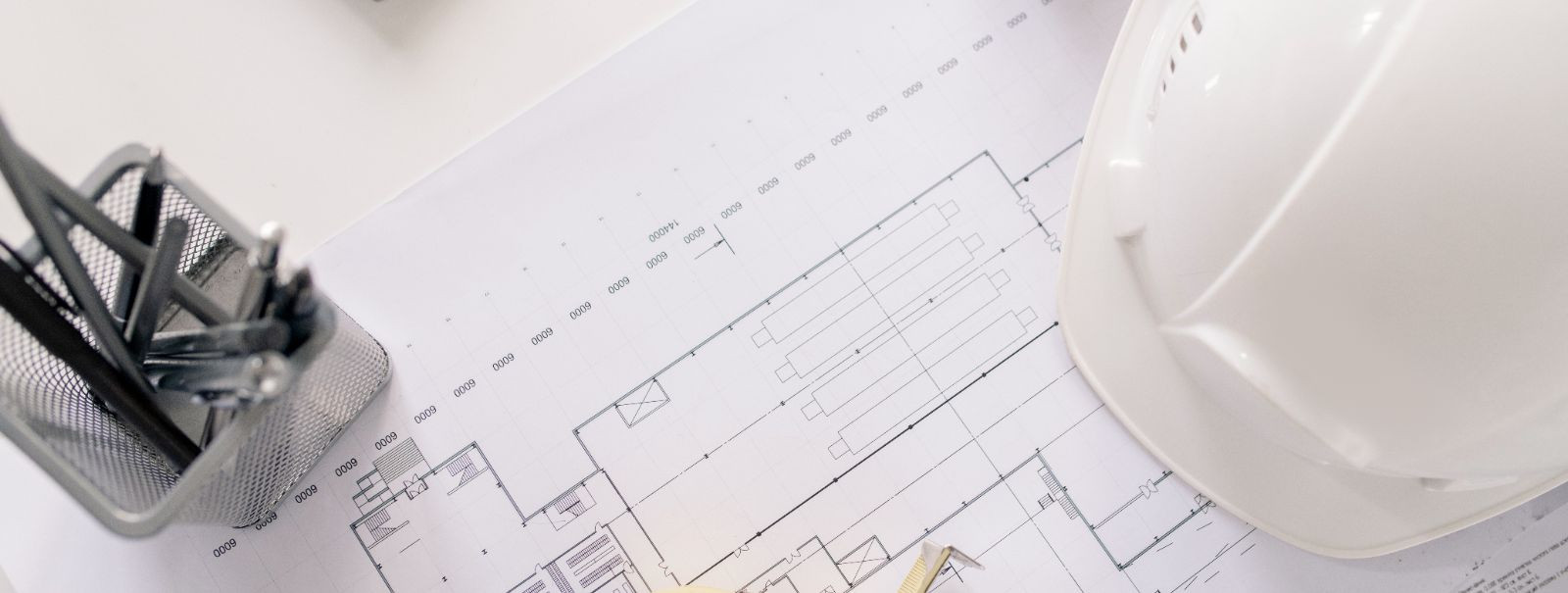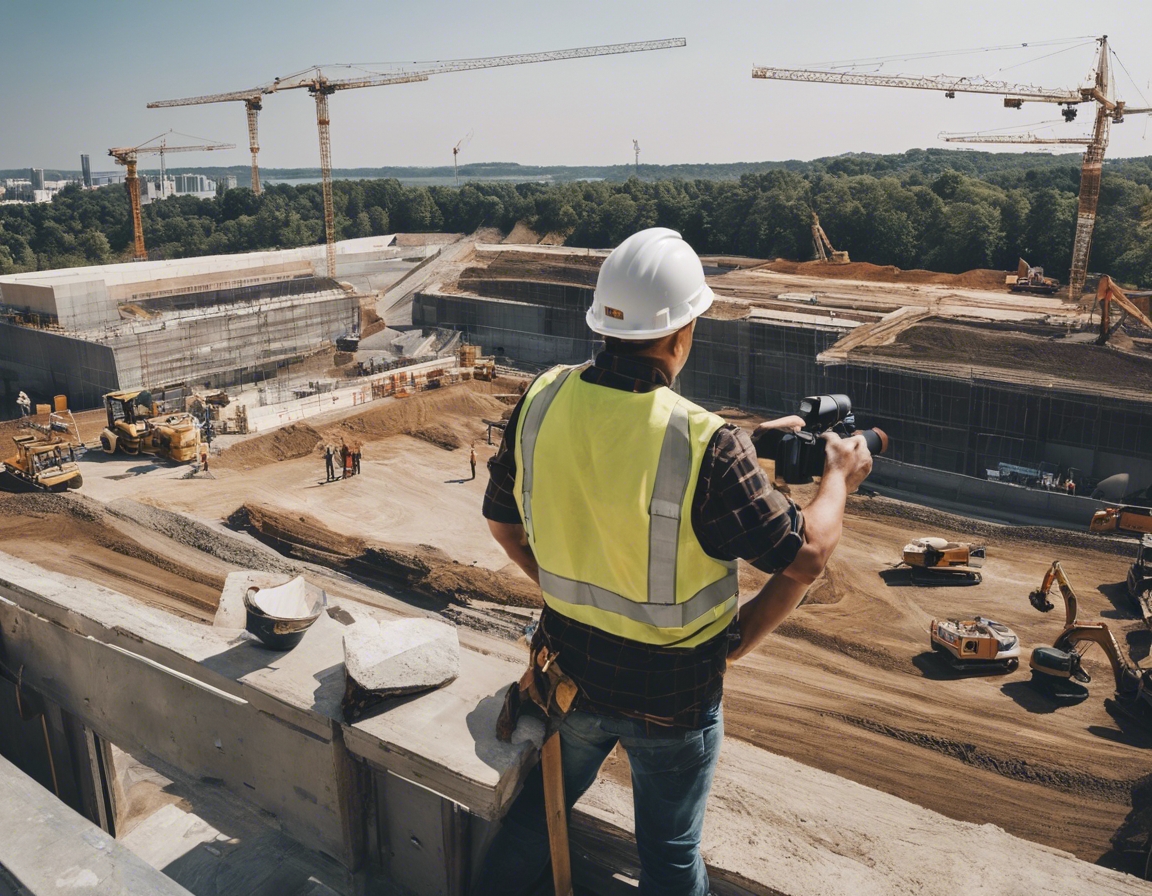The importance of regular building audits for property owners
Building audits are systematic evaluations of the various systems and components of a property to ensure they meet the required standards and are in good working condition. The primary purpose of these audits is to identify any potential issues that could affect the safety, functionality, and value of the property.
For property owners, building audits are an essential aspect of responsible property management. They provide a clear picture of the building's current state and highlight areas that need attention, helping owners to make informed decisions about maintenance and upgrades.
Key Benefits of Regular Building Audits
Regular building audits help to ensure that a property adheres to safety codes and regulations, protecting occupants from potential hazards and owners from legal liabilities.
By identifying and addressing issues early, building audits contribute to maintaining and even increasing the property's market value over time.
Preventative maintenance is crucial for the longevity of a property. Building audits can pinpoint areas that require routine maintenance, preventing costly repairs in the future.
Audits can reveal opportunities for energy savings and sustainability improvements, leading to reduced operational costs and a smaller environmental footprint.
Components of a Comprehensive Building Audit
An essential component of a building audit is assessing the structural integrity of the property, ensuring that the foundation, walls, and other load-bearing elements are secure.
A thorough review of the building's systems, such as HVAC, electrical, and plumbing, is conducted to ensure they are operating efficiently and safely.
Part of the audit includes analyzing energy consumption patterns to identify areas where energy use can be optimized.
Auditors also check for compliance with accessibility standards and building codes, which is vital for inclusivity and legal compliance.
How Often Should Audits Be Conducted?
The frequency of building audits can depend on several factors, including the age of the building, its usage, and local regulations.
While the specific timeline can vary, it is generally recommended that building audits be conducted at least once every three to five years, with more frequent checks for older or high-traffic properties.
Choosing the Right Partner for Building Audits
It's crucial to choose a partner with the right qualifications and experience to conduct thorough and reliable building audits.
A knowledgeable partner will understand local regulations and standards, ensuring that your property remains compliant.
The right partner will provide comprehensive reporting that offers actionable insights, allowing property owners to make the necessary improvements efficiently.






Comments (0)